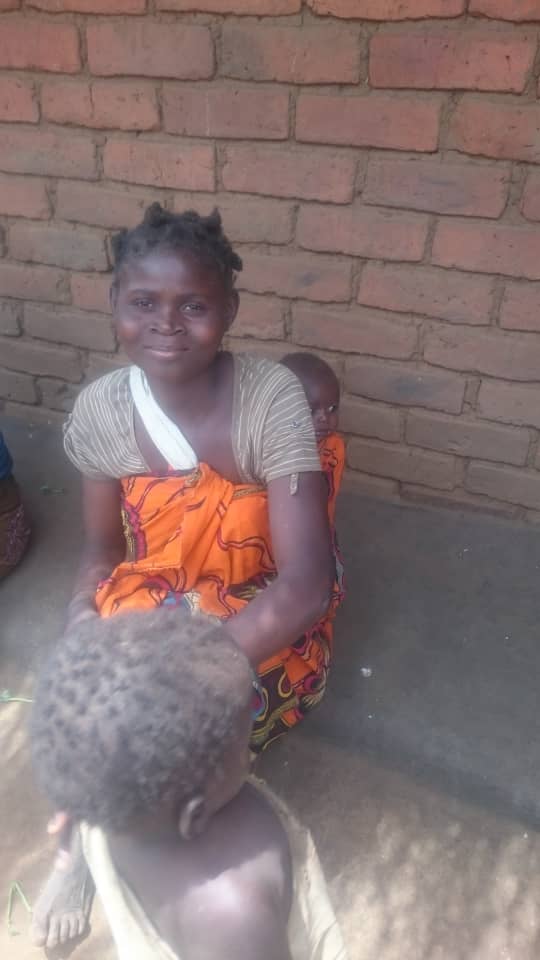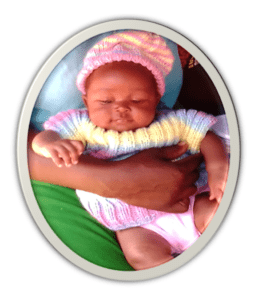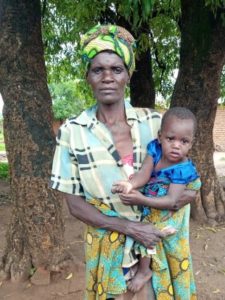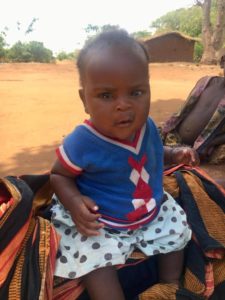Nineteen year-old Juliet was nearing the end of her pregnancy. She had gone for her prenatal visits at the Mitudu health center, she had taken the antimalarial medications as instructed by the midwife, had the necessary blood work, and regular blood pressure checks. Everything seemed to be going well until the day she collapsed and started seizing.
Pre-eclampsia is one of the most dangerous diseases of pregnancy. Even as our knowledge about it continues to grow, our ability to predict who it will effect remains limited. The onset is often sudden and occurs towards the end of pregnancy. One of the warning signs is a rising blood pressure. Pre-eclampsia can affect all the major organ systems, damaging the liver and kidneys, resulting in bleeding in the brain, seizures and death.
Those around her took Juliet immediately to the health center and from there she was transferred to Bwaila, the district maternity hospital. Without a well organized EMS this process of just getting her to a place where she could be helped took several hours. When she arrived at Bwaila, Juliet was unconscious and still seizing. The midwives – familiar with this presentation – quickly administered magnesium sulfate, the only medication shown to help control and prevent eclamptic seizures. Even with the medication, the only cure for eclampsia is delivery. Once a woman reaches the point of seizing her life is in grave danger and if she is not delivered within a relatively short period, both she and her baby will die. Unfortunately even delivery does not guarantee that the mother’s life will be saved. The clinician at Bwaila delivered her 5lb baby by C-section and Juliet was sent to the ICU, where she remained unconscious for 4 days.
This is where our nurses found Juliet. After talking with her family, she was enrolled in our Mother Care program. Juliet regained consciousness and after a short period she was discharged from the hospital. The nurses planned to visit her six times in her village. During their first visit, nurses found Juliet still swollen and convalescing, still struggling to care for her baby. This picture is from their second visit. As part of her home based care, nurses will counsel her on the disease and help her community members create an emergency plan for such events in the future. They will also provide some education on the care of her baby and help set up an income generating project.




